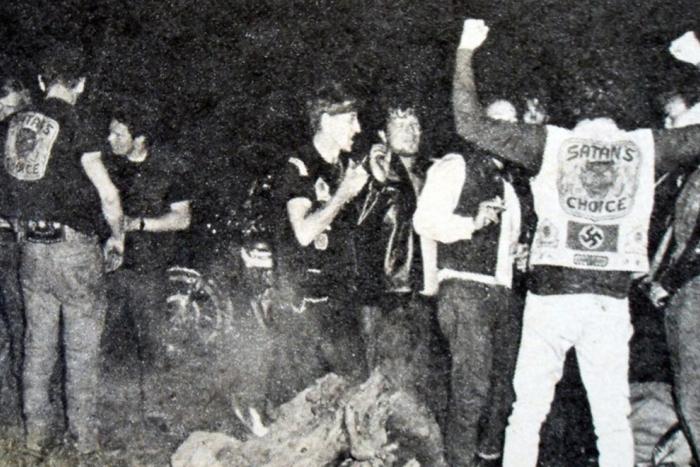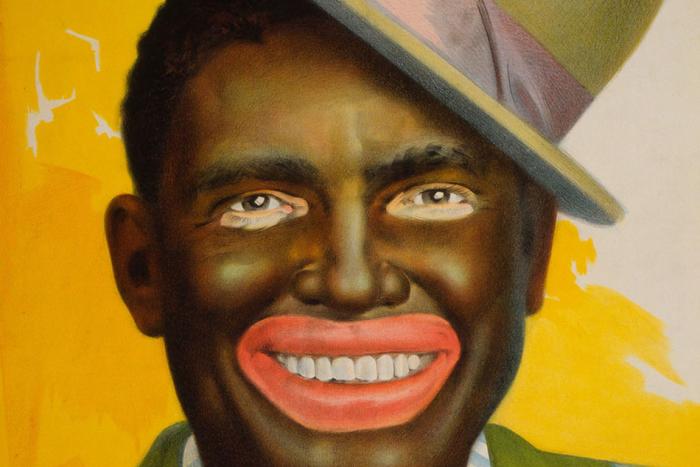The pole star to Vladimir Putin’s career as President of Russia is pretty simple to find: whenever he’s challenged in any substantial fashion, he points west and says, “fuck those guys.” More than any other industrialized (or, in Russia’s case, “industrialized”) national leader, Putin’s substantial personal popularity is mined from Russia’s just as substantial ambivalence toward the wealthier west.
And why wouldn’t he take that approach? It’s easy to forget what a basket case Russia was in the 1990s, as the economy unravelled and separatists popped up across the country. The economic reforms that drove so much of the country’s chaos during that decade are not unreasonably seen as the work of the West, a perception Putin has happily and cynically ridden for 13 years now.
So the person who did Putin the biggest favour this week was our own Prime Minister Stephen Harper, who took the opportunity of the G8 (when they weren’t taking the most menacing group photo ever) to take the Russian leader to task for his support of the Assad regime in Syria.
“I don’t think we should fool ourselves,” Harper said. “This is G7 plus one.” This, of course, in response to Putin’s assertion that “one does not really need to support people who not only kill their enemies, but open up their bodies, eat their intestines in front of the public and the cameras.”
Nothing makes Putin look better to Russia than being seen defending Russia’s conduct against the West. If he happens to be helping a strongman put down an increasingly capital-I-Islamist uprising, well, that doesn’t hurt for the cameras back home either.
So for all of Harper’s posturing, the most important thing to know is that if anyone can “win” a G8 meeting, Putin did. The summit ended with only the most flaccid, milquetoast condemnation of Assad and a call for a negotiated settlement. Russia will continue to sell arms to the Syrian leader while the West arms and trains the country’s rebels.
Really though, it’s a wonder Harper and Putin don’t get along better than they do. Russia and Canada are, after all, two vast northern countries whose urban populations leave huge areas of their hinterlands nearly empty. They also have substantial issues begging for cooperation, like what to do with a rapidly melting Arctic. Harper, when necessary, is just as willing to start a slapfight with foreigners if he thinks they’re making fun of a part of Canada he cares about (the tar sands). But more relevantly, Harper is also willing to chuck his pugnacity towards autocrats out the window when it becomes an inconvenience to Canadian business.
So goodbye, criticism of Chinese political oppression, hello “new opportunities”!
Somehow, though, Russia never gets the “new tone” in diplomacy that Harper extended to China. It would be cynical to suggest that it’s because China is the number three destination for Canadian exports and Russia doesn’t crack the top 10, but it would also be pretty close to the mark. Anybody can learn manners and decorum when billions of dollars are on the line.
But as two countries who’ve built their economic stability on selling oil and other commodities to the larger, wealthier economies on their borders, Russia and Canada just are never going to be each other’s big customers. What are we going to sell the Russians that they aren’t already selling to the EU or China? Pork, it turns out.
All of which is to say that if Canada’s next prime minister strikes a more cordial tone with Russia, it’s not going to be because he has to—unless, of course, I’m wildly underestimating the importance of the swine lobby.






